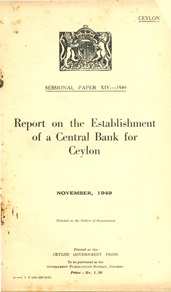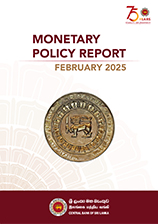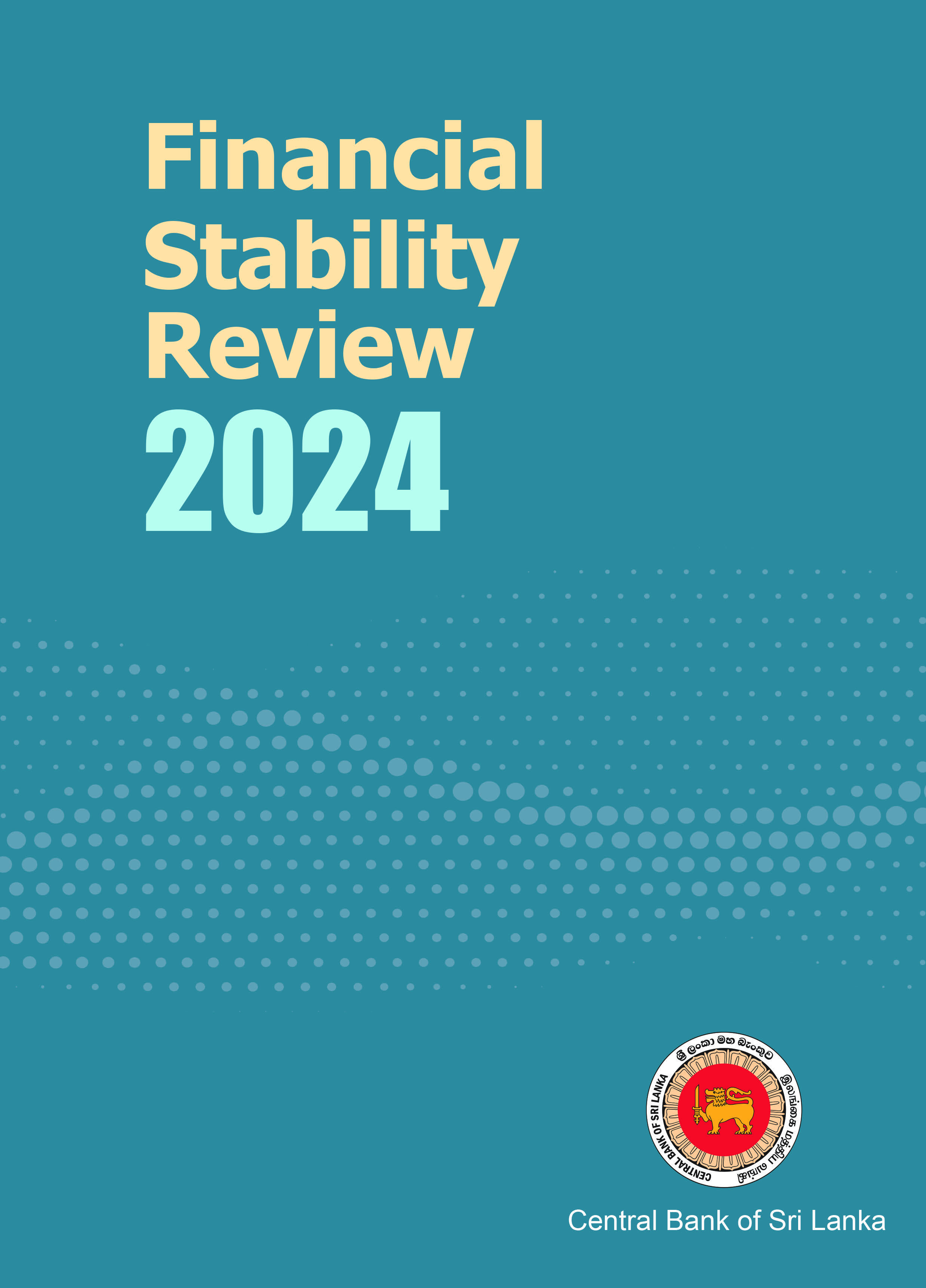Frequently Asked Questions (FAQs)
Resolution and Enforcement
Prohibited schemes
Are Pyramid schemes illegal in Sri Lanka?
Yes. Pyramid type schemes are prohibited in terms of the provisions of Section 83 (C) of the Banking Act, No.30 of 1988.
Are only the founders of the pyramid scheme considered as offenders?
No. Any person that directly or indirectly initiate, offer, promote, advertise, conduct, finance, manage, or direct prohibited schemes is considered as offenders.
What is a pyramid type prohibited scheme?
Pyramid type prohibited scheme is a scheme where;
- participants must pay money or monetary value to register in the scheme; and
- offers continuous commissions/income to its participants based on their referrals to recruit new members into the system or paying more money by such newcomers.
What are the punishments given to persons/ companies who committed pyramid schemes unknowingly?
Any person found guilty of participation in pyramid type of a prohibited scheme will be subject to:
- imprisonment for a term not exceeding 03 years, or
- a fine not exceeding Rs.1,000,000.00, or
- both, imprisonment and a fine
Punishments are stipulated in the provisions of Section 83(C) of the Banking Act.
What are the punishments given to persons/ companies who committed pyramid schemes knowingly?
In a case of the offences that have been committed willfully or knowingly they would cause damage or harm to any other person; the punishment would be:
- rigorous imprisonment for a term not less than three years and not more than five years
- fine of Rs.2,000,000.00 or twice of the aggregate amount in Sri Lanka currency that has been received from the participants in the scheme, whichever is higher.
Punishments are stipulated in the provisions of Section 83(C) of the Banking Act.
How can be identified a pyramid scheme?
If the participants are asked to pay money or a monetary value to join into the scheme, and income can be earned by;
a. introducing new members into the scheme or
b. increasing the contribution/investments of newcomers.
Other than the above there are several more features to be considered.
What are the other distinguishing features of a prohibited pyramid schemes?
- false/unrealistic promises of earnings and hasty promotion to join
- such goods and services may not retain a market demand
- the purchased item may not be resold or returned
- entry fee into the scheme may be abnormally high
- commission/payments are not depending on sales but new recruitments
- mainly focusing on recruitments rather than selling goods or services
- business location and relevant contact details are hardly traceable
- no proper training opportunities on sales or recruitments may be given
- no specific operational areas are specified
- no proper customer care service
What are the types of pyramid schemes?
- Naked Pyramid Schemes- Recruiting only with an entry fee.
- Product based Pyramid Schemes-Recruiting people by selling products or services
Why are pyramid schemes prohibited?
Since there will be no more new enrolments are available at a certain stage of a pyramid scheme, large number of participants and their referrals at the bottom levels will be deprived by losing their invested money. Further, it would create huge unrest among people and making enormous social and economic problems in the country.
Is it safe to spend on in a pyramid scheme which is a registered business?
No. Even though pyramid type scheme registered by some legal entities for some specific purposes, it is unsafe and riskier spending money on pyramid schemes as such payments will never be returned and no legal recovery for such payments.
Why people should be cautious of pyramid schemes?
- Engaging in pyramid schemes are a punishable offence in Sri Lanka
- Hard-earned money of the participants will be lost.
- Social relationships among the people may interrupt due to the referrals for prohibited schemes.
- It may be adversely affected to the economy of the country
What shall people consider before registering to a scheme?
- Studying the features and benefits of the scheme thoroughly
- Checking whether it entails any pyramid type features
- Distinguishing the differences between pyramid schemes and other type of businesses, since most of the fraudulent activities are disguised and appeared as a legal business
- Better understanding on the marketing strategies which used by the scammers
- Identifying the methods which are used by the schemes to earn money, and check the realities of the earning sources
- Checking the realities of the benefits promised to give for the participants
What are the responsibilities of the public in combatting prohibited schemes?
- Do not directly or indirectly initiate, offer, promote, advertise, conduct, finance, manage, or direct prohibited schemes
- Not getting caught to fraudulent activities
- Immediately report to law and enforcement authorities
- Be aware and aware other people too
To where do public can report on pyramid type schemes?
The public can complaint to the
- nearest police station, or
- Resolution and Enforcement Department of the Central Bank of Sri Lanka through;
Address:
The Director,
Deposit Insurance and Resolution Department,
Central Bank of Sri Lanka,
No 30, Janadhipathi Mawatha, Colombo-01.
Telephone Nos: 0112477262 / 0112477276 / 0112477058
Email: ![]()










